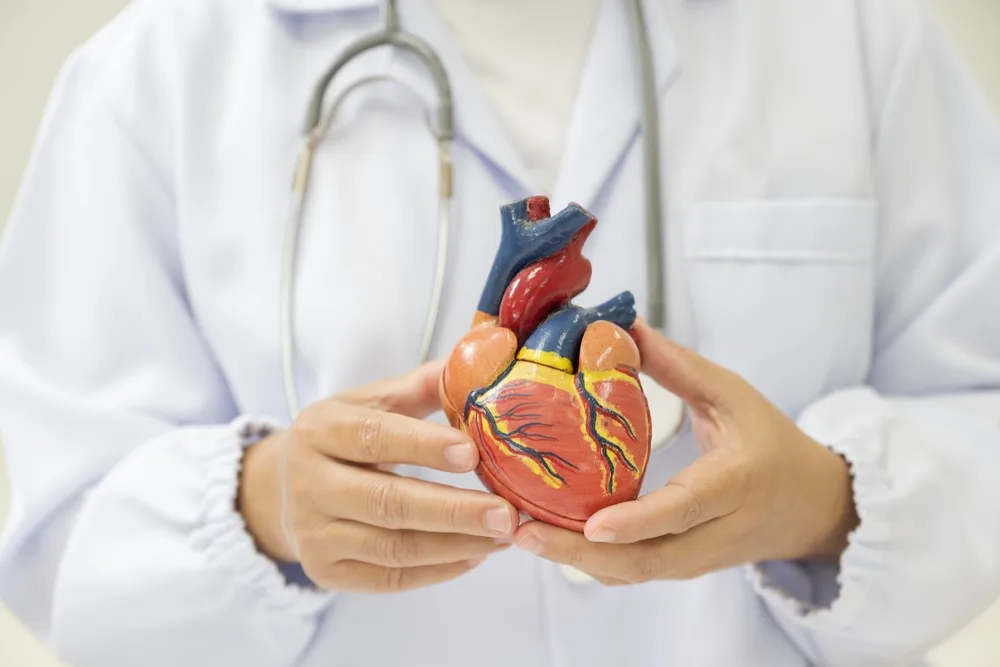A cardiac center provides specialized care dedicated to the prevention, diagnosis, and treatment of heart conditions. By combining advanced technology with expert cardiology teams, a cardiac center provides comprehensive services that range from routine screenings to complex procedures. This makes sure patients receive personalized care that supports long-term heart health. Here are some of the roles of a cardiac center in delivering cardiovascular care:
Providing Advanced Diagnostic Services
A fundamental role of a cardiology center is to offer precise diagnostic testing. These facilities use state-of-the-art technology to accurately identify a range of heart conditions. Timely and accurate diagnosis is key to developing an effective treatment plan and improving patient outcomes. Common diagnostic tools available at a cardiac center include:
- Electrocardiogram (EKG): Records the heart’s electrical activity to detect irregularities.
- Echocardiogram: Uses sound waves to create images of the heart, revealing its structure and function.
- Stress Tests: Monitor heart function during physical activity to assess how it responds to exertion.
- Cardiac Imaging: Advanced imaging techniques provide detailed views of the heart and blood vessels.
These tests help cardiologists diagnose conditions such as coronary artery disease, heart failure, and arrhythmias.
Offering Specialized Treatment Options
Once a diagnosis is made, a heart center provides specialized treatment options tailored to each patient. These treatments can range from lifestyle changes and medication to complex procedures. The goal is to manage symptoms, improve heart function, and enhance the patient’s quality of life.
The collaborative environment of a cardiac center makes sure that patients receive the most appropriate care. Cardiologists at a heart center may recommend treatments such as:
- Coronary angioplasty and stenting to open clogged arteries
- Medications like beta-blockers or blood thinners to manage conditions
- Surgical procedures, such as bypass surgery or valve repair
The availability of various treatment options under one roof allows for a seamless care experience. This helps patients get the care they need without having to navigate multiple facilities.
Supporting Preventive and Long-term Care
A cardiac center also plays a fundamental role in preventive and long-term care. Preventing heart disease is just as helpful as treating it. These centers offer programs and resources designed to help individuals reduce their risk factors for heart conditions. This includes guidance on diet, exercise, and other lifestyle modifications.
For patients already living with heart disease, a cardiology center provides ongoing support to manage their condition over the long term. This may involve regular check-ups, medication management, and patient education. By focusing on prevention and long-term care, a cardiology center helps patients maintain their cardiovascular health and lead active lives.
Coordinating Multidisciplinary Care
Another helpful aspect of a cardiac center is its ability to coordinate multidisciplinary care. Heart conditions often require the expertise of various specialists, including cardiologists, surgeons, nurses, and dietitians. A heart center brings these professionals together to work as a team, making sure that all aspects of a patient’s health are addressed. The collaborative approach leads to comprehensive and effective care.
Visit Your Local Cardiac Center
A cardiology center is a specialized facility that offers a full spectrum of services for heart health. From advanced diagnostics and tailored treatments to preventive measures, these centers offer comprehensive care to effectively manage heart conditions. If you have concerns about your heart health, contact your local cardiology center to schedule a visit to receive expert care.
